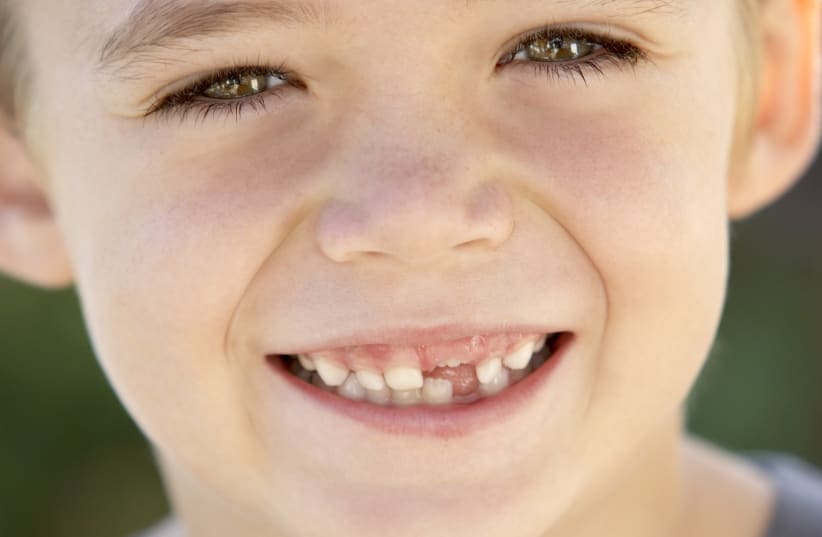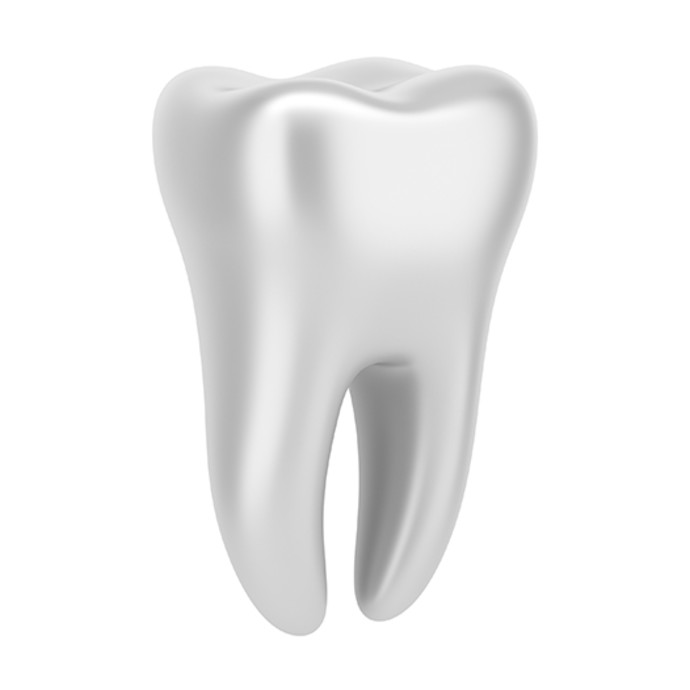One in three children is likely to hurt a tooth in one way or another. So, when is it important to get to the dentist urgently? How can a permanent tooth that has fallen out be preserved? And why is it important to bring it to the doctor? Here’s the guide to the perplexed for worried parents.
What parent doesn’t know this story? Your kid comes home (usually boys) and says that during a game he fell, hurt his mouth and teeth and the people around saw the blood and panicked.
What’s next? Bring the child to a dentist? Go to the pediatrician? Go to the emergency room?
About 30% of children are expected to have some kind of dental injury. Injuries to the first set of teeth, known as milk teeth, are common between the ages of two and three as a result of falls, and injuries to the permanent teeth generally happen around ages six to seven and peak at ages nine to 12 as a result of falls or accidents during sports activities.
Dental injuries are often accompanied by damage to the soft tissues - gums, lips, tongue and cheeks, and sometimes need to be treated as well.
A tooth was knocked out. What’s next?
For any injury go to a dentist, but dental injuries can be classified according to the urgency of the treatment:
If a tooth is dangling or a root of a permanent tooth is out, this is an emergency that requires immediate treatment.
A permanent tooth that "flies" out of place should be kept in a glass with the child's saliva or milk and returned as soon as possible. Returning the tooth within minutes significantly improves the chances of the tooth surviving, while a delay in following these guidelines can cause irreversible damage. In any case, consult a dentist immediately to fix the tooth and check for the need for a tetanus vaccine.
For a tooth that "moves" out of place, a tear of a falling tooth (milk), or a large fracture in a crown, seek dental care as soon as possible (preferably the same day), preferably with the tooth or broken part..For other injuries go to get it checked, treated or followed up on without immediate urgency.
In cases of deep cuts or suspected fractures of the facial bones - you should contact the oral and maxillofacial clinic at the hospital as soon as possible. For a bruise or a cut in the chin, check whether the teeth have been damaged and if the jaw was fractured.
It should be noted that due to the complexity of the treatment of dental injuries, Clalit Smile, part of one of the health funds, has initiated seminars for all its dentists dedicated to updating and refreshing the issue of dental injuries.
How to distinguish between a "milky" tooth and a torn permanent tooth
It can usually be identified by the child’s age and the length of the root: the teeth most prone to injury are the upper incisors. Until the age of six, these are deciduous teeth, and if they’re knocked out they shouldn’t be returned. An upper or lower incisor that has been torn off completely (with the root) in a child over the age of seven is most likely a permanent tooth, and should be returned as soon as possible. Due to the urgency of the treatment, a parent can put the tooth back in place with the help of professional telephone guidance.
Damaged milk teeth (as a result of tooth decay or old injury) can also damage the permanent teeth that come in their place, and therefore require follow-up or treatment.
Note that the more severe the injury, the longer the duration of treatment and follow-up. In most cases, follow-up of about a year is recommended, but in a permanent tooth that has been torn out of place, follow-up for life is recommended.
How much does repairing a tooth cost?
For more than a decade, dental care for children up to the age of 18 has been a service included as part of subsidized medical care, and includes dental care due to damage for a nominal fee at the health funds’ dental clinics.
Currently, all children up to the age of 18 are entitled to receive most dental care for a nominal fee by contacting these clinics directly, including basic treatments following dental injuries.
The health care committee is currently discussing a request to include restorative care, such as a permanent crown or dental implant, for students who have been injured in the past and are still waiting to receive treatment at ages 17 and 18.
Dr. Shlomo Mizrahi is an expert in oral and maxillofacial surgery at Clalit Smile.

